Beyond mRNA: Omega's Groundbreaking Tech that Attracts Big Pharma in 2024
The potential for synergistic benefits and the competitive edge offered by Omega's technology make it more likely for big pharma to partner with the company rather than go it alone in this dynamic and competitive space.
Precision Medicine Powerhouse: Novo Nordisk Bets on Omega's Epigenetic Therapy PlatformNovo Nordisk has entered into research collaborations with Omega Therapeutics to develop novel treatment approaches for cardiometabolic diseases, including obesity management. The collaboration will leverage Omega Therapeutics' OMEGA platform, which is designed to develop programmable epigenomic mRNA medicines, including epigenomic controllers. This partnership indicates Novo Nordisk's interest in the potential of Omega Therapeutics' platform and its application in addressing cardiometabolic diseases.
Novo Nordisk's move aligns with a broader trend of big pharma companies embracing epigenomics as a promising frontier in drug development. With this new partnership, Novo Nordisk is signaling its intention to stay ahead of the curve and potentially deliver a new era of precision medicine for patients with cardiometabolic diseases.
Omega Therapeutics has entered into a clinical supply deal with Roche.
Omega entered into a clinical supply deal with Roche, a major pharmaceutical company, to evaluate the potential of combining Roche's atezolizumab with Omega's OTX-2002 in the treatment of cancer, particularly hepatocellular carcinoma and other malignancie. This collaboration demonstrates Roche's interest in exploring the therapeutic potential of Omega's mRNA-based epigenetic drugs in combination with its own immunotherapy treatments. The partnership with Omega Therapeutics aligns with Roche's ongoing efforts to advance innovative treatment approaches for cancer and other diseases. Therefore, based on the existing collaboration, it is evident that Roche has a significant interest in the potential of Omega Therapeutics' technology and its application in the development of novel cancer therapies
Merck and Omega Therapeutics' specific mRNA program overlap remains unclear, the broader picture paints a compelling narrative of interest.
Merck's acquisition of Chord Therapeutics and other strategic investments demonstrate their commitment to innovative therapies. While the overlap with Omega's specific mRNA program is not explicitly detailed, Merck's broader investment strategy suggests they are well-positioned to recognize the value of Omega's cutting-edge technology. The industry's growing appetite for mRNA solutions, combined with Merck's history of embracing novel biopharmaceuticals, indicates a strong potential for collaboration. Merck's pursuit of breakthroughs could be significantly bolstered by Omega's programmable epigenomic control, which offers a new dimension of precision in gene expression modulation. This could be particularly synergistic with Merck's existing portfolio and their drive for innovation in therapeutics.
Precision Meets Power: Why BMS and Omega's RNA Expertise Could Be a Match Made in Heaven
Bristol-Myers Squibb (BMS) has demonstrated a strong commitment to advancing mRNA and RNA therapeutics, positioning itself as a key player in the field. BMS's strategic investments in RNA therapeutics companies and its active development of mRNA therapies signal a clear interest in the innovative approaches that Omega Therapeutics offers.
BMS's expertise in acute myeloid leukemia (AML) and its exploration of epigenetic therapies, particularly hypomethylating agents (HMAs), align closely with Omega's programmable epigenomic mRNA medicines. This alignment suggests that BMS could be particularly interested in Omega's technology for its potential to revolutionize AML treatment and possibly other cancers.
Moreover, BMS's history of strategic collaborations and its pursuit of precision medicine solutions indicate a readiness to partner with companies that can enhance its therapeutic portfolio. Omega's focus on precise gene expression modulation through epigenomic control could offer BMS a complementary technology to its existing RNA-based approaches, potentially leading to more effective and safer treatments.
Given BMS's track record and Omega's groundbreaking work, there is a compelling case for a strong partnership. BMS's interest in Omega Therapeutics could extend beyond a general industry trend, representing a strategic move to integrate Omega's advanced epigenomic control into its next-generation therapies.
Moreover, BMS's history of strategic collaborations and its pursuit of precision medicine solutions indicate a readiness to partner with companies that can enhance its therapeutic portfolio. Omega's focus on precise gene expression modulation through epigenomic control could offer BMS a complementary technology to its existing RNA-based approaches, potentially leading to more effective and safer treatments.
Given BMS's track record and Omega's groundbreaking work, there is a compelling case for a strong partnership. BMS's interest in Omega Therapeutics could extend beyond a general industry trend, representing a strategic move to integrate Omega's advanced epigenomic control into its next-generation therapies.
Pfizer's track record of pioneering in the mRNA space, notably through its successful COVID-19 vaccine development with BioNTech, positions it as a leading force in mRNA technology. This success story not only showcases Pfizer's commitment to mRNA as a therapeutic tool but also its capability to rapidly advance mRNA-based therapies from concept to global distribution. Given this backdrop, Pfizer's potential interest in Omega Therapeutics' innovative mRNA technologies could represent a strategic and synergistic alignment.
Omega Therapeutics stands at the forefront of epigenomic mRNA medicine, offering a unique approach to gene expression modulation that could complement Pfizer's existing mRNA technology. Omega's programmable epigenomic control technology allows for precise, targeted modulation of gene expression without altering the DNA sequence itself. This capability could significantly enhance the specificity and safety profile of mRNA therapies, addressing some of the key challenges in the field.
For Pfizer, a collaboration with Omega Therapeutics could open new avenues for therapeutic development beyond vaccines, including in oncology, rare diseases, and cardiometabolic disorders. Omega's technology could enable Pfizer to expand its mRNA therapy portfolio with novel mechanisms of action and potentially more customizable and controllable therapeutic options.
Omega Therapeutics stands at the forefront of epigenomic mRNA medicine, offering a unique approach to gene expression modulation that could complement Pfizer's existing mRNA technology. Omega's programmable epigenomic control technology allows for precise, targeted modulation of gene expression without altering the DNA sequence itself. This capability could significantly enhance the specificity and safety profile of mRNA therapies, addressing some of the key challenges in the field.
For Pfizer, a collaboration with Omega Therapeutics could open new avenues for therapeutic development beyond vaccines, including in oncology, rare diseases, and cardiometabolic disorders. Omega's technology could enable Pfizer to expand its mRNA therapy portfolio with novel mechanisms of action and potentially more customizable and controllable therapeutic options.
Moreover, Pfizer's global reach, extensive R&D infrastructure, and experience in navigating regulatory landscapes could greatly accelerate the development and commercialization of Omega's therapies. In turn, Omega would benefit from Pfizer's expertise in clinical development, manufacturing, and global distribution, crucial elements for bringing innovative therapies to patients worldwide.
In essence, a partnership between Pfizer and Omega Therapeutics could be a strategic match, combining Pfizer's mRNA technology leadership and global capabilities with Omega's cutting-edge approach to epigenomic mRNA medicine. This collaboration could not only advance the field of mRNA therapeutics but also lead to the development of groundbreaking treatments for a wide range of diseases, marking a significant step forward in precision medicine.
In essence, a partnership between Pfizer and Omega Therapeutics could be a strategic match, combining Pfizer's mRNA technology leadership and global capabilities with Omega's cutting-edge approach to epigenomic mRNA medicine. This collaboration could not only advance the field of mRNA therapeutics but also lead to the development of groundbreaking treatments for a wide range of diseases, marking a significant step forward in precision medicine.
GSK Eyes Omega Therapeutics After Past Missed Opportunity
GSK's potential interest in Omega Therapeutics is underscored by the company's past missed opportunity with Epizyme, which was later acquired by Ipsen. This history suggests that GSK may be more attentive to innovative companies like Omega. Furthermore, GSK's broader interest in mRNA's potential for diverse therapeutic applications aligns with Omega's programmable epigenomic-controller mRNA medicines, offering potential synergies and accelerated development. GSK's openness to collaborations, as seen in their partnership with CureVac, further supports the possibility of a future alliance with Omega. Therefore, the alignment of GSK's interest in mRNA with Omega's innovative approach holds promise for mutually beneficial partnerships and advancements in the field of mRNA therapeutics.
There are several reasons why BioNTech's success with mRNA technology could translate into interest in Omega Therapeutics:
Alnylam, a leader in RNA therapeutics, and Omega Therapeutics, a company focused on mRNA-encoded epigenetic drugs, have complementary technologies that could offer a broader and more precise control over gene expression.
Alnylam specializes in RNA interference (RNAi) therapies, which silence gene expression, while Omega Therapeutics specializes in programmable epigenomic-controller mRNA medicines, which regulate gene expression. Acquiring or partnering with Omega Therapeutics could give Alnylam access to Omega’s promising pipeline of mRNA-based epigenetic drugs and expand their reach into new therapeutic areas. While the financial position of Alnylam to take on Omega Therapeutics is not explicitly addressed, it is possible that they could collaborate in the future.
No Collaboration Yet, But Flagship Pioneering Stars, Moderna and Omega, Could Align
The case for Moderna's potential interest in collaborating with Omega Therapeutics is strong, given Moderna's active engagement in strategic collaborations with various organizations and companies to further the development of mRNA medicines. While there is no direct evidence of a collaboration between Moderna and Omega Therapeutics, Moderna's history of strategic research collaborations with other companies and organizations, as well as its focus on expanding the application of mRNA technology, suggests that Moderna might be interested in collaborating with Omega Therapeutics in the future to further the development of mRNA medicines and expand the application of its platform.
Sarepta Therapeutics, a company focused on RNA-based therapies for precision genetic medicine in rare diseases, may find several aspects of Omega Therapeutics' work of interest.
Omega Therapeutics is pioneering a new class of programmable epigenomic mRNA medicines, which could complement Sarepta's existing focus on RNA-based therapies. The potential benefits of Omega Therapeutics' technology to Sarepta include the ability to target a broader range of mutations, offer more precise control over gene expression, and enable the development of novel therapies for rare diseases where no current treatment options exist. Additionally, a collaboration could leverage both companies' strengths to improve the delivery and targeting of epigenomic mRNA medicines, potentially enhancing their efficacy and reducing side effects. Furthermore, adding Omega's clinical-stage candidates to Sarepta's pipeline could diversify and strengthen their portfolio, reducing overall risk and increasing potential for future success. Overall, Omega Therapeutics' novel approach to RNA-based therapies and its complementary expertise in mRNA delivery and targeting offer several potential benefits for Sarepta Therapeutics, positioning them as a leader in the advancement of precision genetic medicine for rare diseases.
Early-Stage Investment: By partnering with a development-stage company like Omega, AbbVie gains access to cutting-edge technology with potentially lower upfront costs compared to acquiring established firms. This allows AbbVie to stay ahead of the curve in the rapidly evolving field of mRNA therapeutics.
Omega's Epigenetic Programming Expertise - Key to Advancing Astellas' Regenerative Medicine Therapies
Astellas Pharma would benefit from partnering with Omega Therapeutics in the field of direct reprogramming and regenerative medicine. Omega Therapeutics' expertise in epigenetic programming for direct reprogramming offers precise control of gene expression through targeted epigenetic modifications. This could enhance the efficiency and specificity of direct reprogramming, leading to more effective regenerative medicine therapies. Additionally, Omega Therapeutics' technology could address the need for non-viral drug delivery systems, further optimizing gene expression and enhancing the therapeutic potential of regenerative programs. By collaborating with Omega Therapeutics, Astellas could gain access to innovative technologies that complement its research and development efforts, potentially leading to the development of novel regenerative medicine approaches with broader applications and enhanced efficacy.
Omega Therapeutics' focus on novel delivery and expression methods, genome editing tools, oligonucleotide therapeutics, and targets such as heritable gene mutations and gene-environment interactions-based targets aligns with Lilly's commitment to advancing genetic medicine therapeutics and fostering innovation. Additionally, Omega's research collaboration with Novo Nordisk to develop a novel therapeutic for obesity management reflects its focus on functionally curative targets, which is in line with Lilly's interests.
Furthermore, both companies are located in the heart of the burgeoning science and technology cluster in the Boston area, which provides opportunities for collaboration and synergies between their research teams. With Lilly's significant expansion plans for its Boston and New York research teams, there is potential for increased collaboration and integration of efforts between the two companies.
Furthermore, both companies are located in the heart of the burgeoning science and technology cluster in the Boston area, which provides opportunities for collaboration and synergies between their research teams. With Lilly's significant expansion plans for its Boston and New York research teams, there is potential for increased collaboration and integration of efforts between the two companies.
Sanofi's interest in Omega Therapeutics can be extrapolated from their focus on advancing genomic therapies and personalized medicine. Omega Therapeutics specializes in precision epigenomic control and programmable mRNA therapeutics, which aligns with Sanofi's dedication to developing genomic therapies that are accessible for patients worldwide. Sanofi's emphasis on leveraging advances in technology, such as DNA and RNA sequencing, and computational tools like artificial intelligence and machine learning, resonates with Omega Therapeutics' innovative approach to rapidly and rationally design potentially life-changing medicines that control gene expression and cellular programming. Furthermore, Sanofi's commitment to partnering with leading biotech companies and investing in technology to accelerate drug discovery and development aligns with the potential collaboration with Omega Therapeutics, as both entities share a common goal of pushing the frontiers of medicine toward personalized and practice-changing therapies. Therefore, if Sanofi has interest in Omega Therapeutics is likely driven by the potential for collaboration in advancing genomic medicine and developing innovative, personalized therapies for patients, especially in the field of oncology.
Conclusion:
In the ever-evolving landscape of the pharmaceutical industry, Omega Therapeutics stands out as a beacon of innovation, particularly in the realm of epigenetic and mRNA therapies. With its pioneering programmable epigenomic control technology, Omega offers a novel approach to gene expression modulation, promising safer and more targeted therapies. This technology allows for the fine-tuning of gene expression with minimal side effects, presenting a tantalizing opportunity for pharmaceutical giants.
The recent clinical supply deal with Roche to test Omega's OTX-2002 alongside Roche's immunotherapy asset underscores the potential for expanded partnerships. This collaboration hints at the broader appeal of Omega's technology, with its versatility across various diseases, including cancer and metabolic disorders, making it an attractive partner for companies like Roche and potentially others such as AstraZeneca, Merck, and Eli Lilly. As 2024 unfolds, the pharmaceutical industry watches closely for further developments and new collaborations.
The combination of Omega's groundbreaking epigenetic approach with the resources and reach of big pharma could lead to exceptional results in the form of innovative clinical trial outcomes and therapies. With its cutting-edge technology and innovative approach, Omega Therapeutics is poised to become a key player in the pharmaceutical industry, revolutionizing the way we approach disease treatment and management.

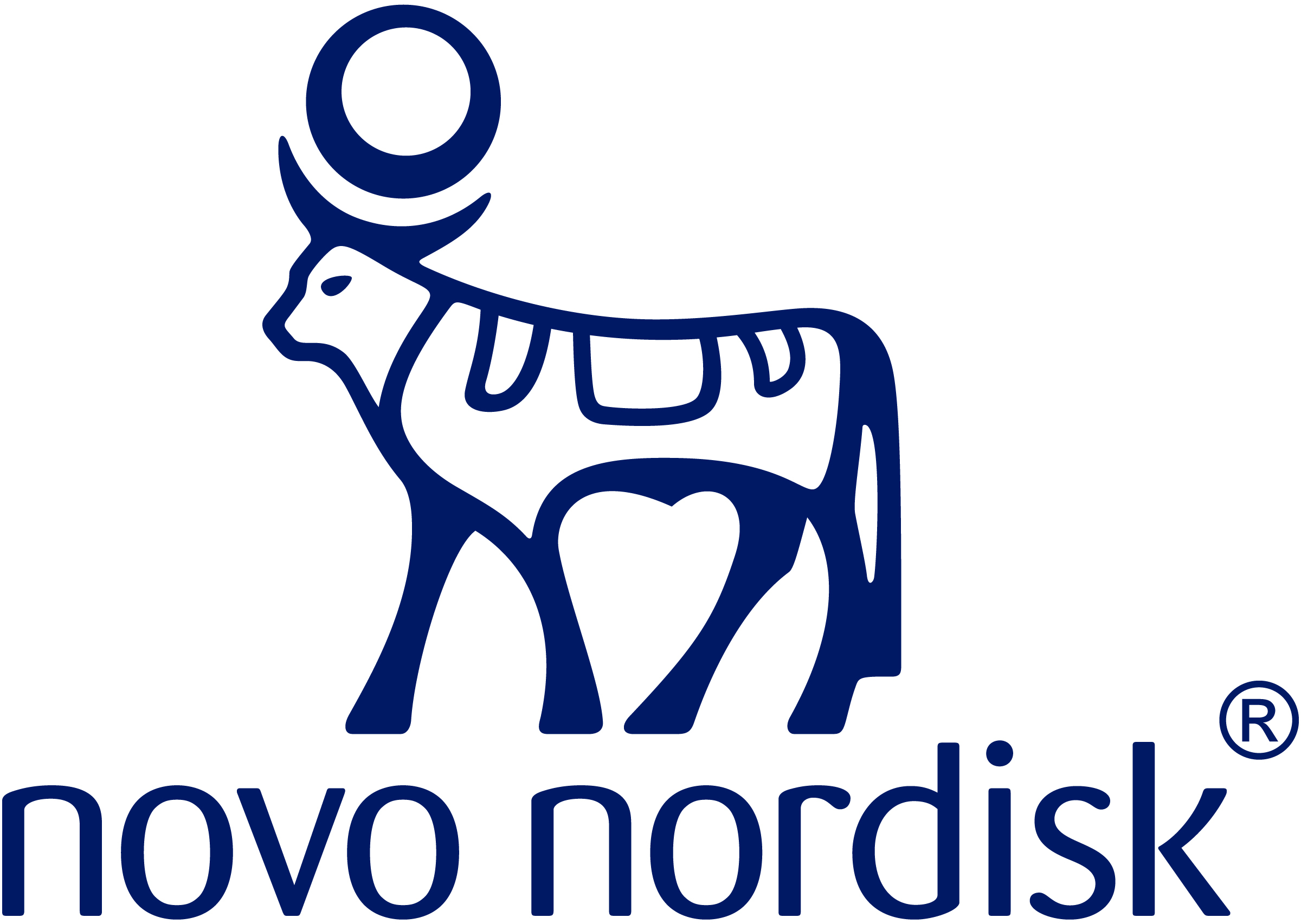
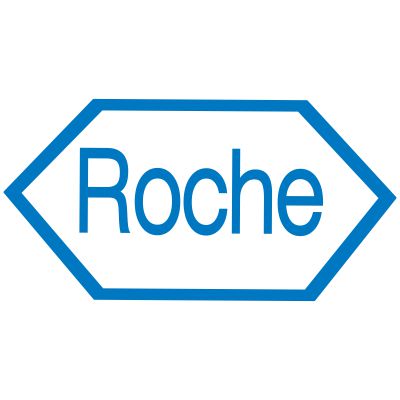


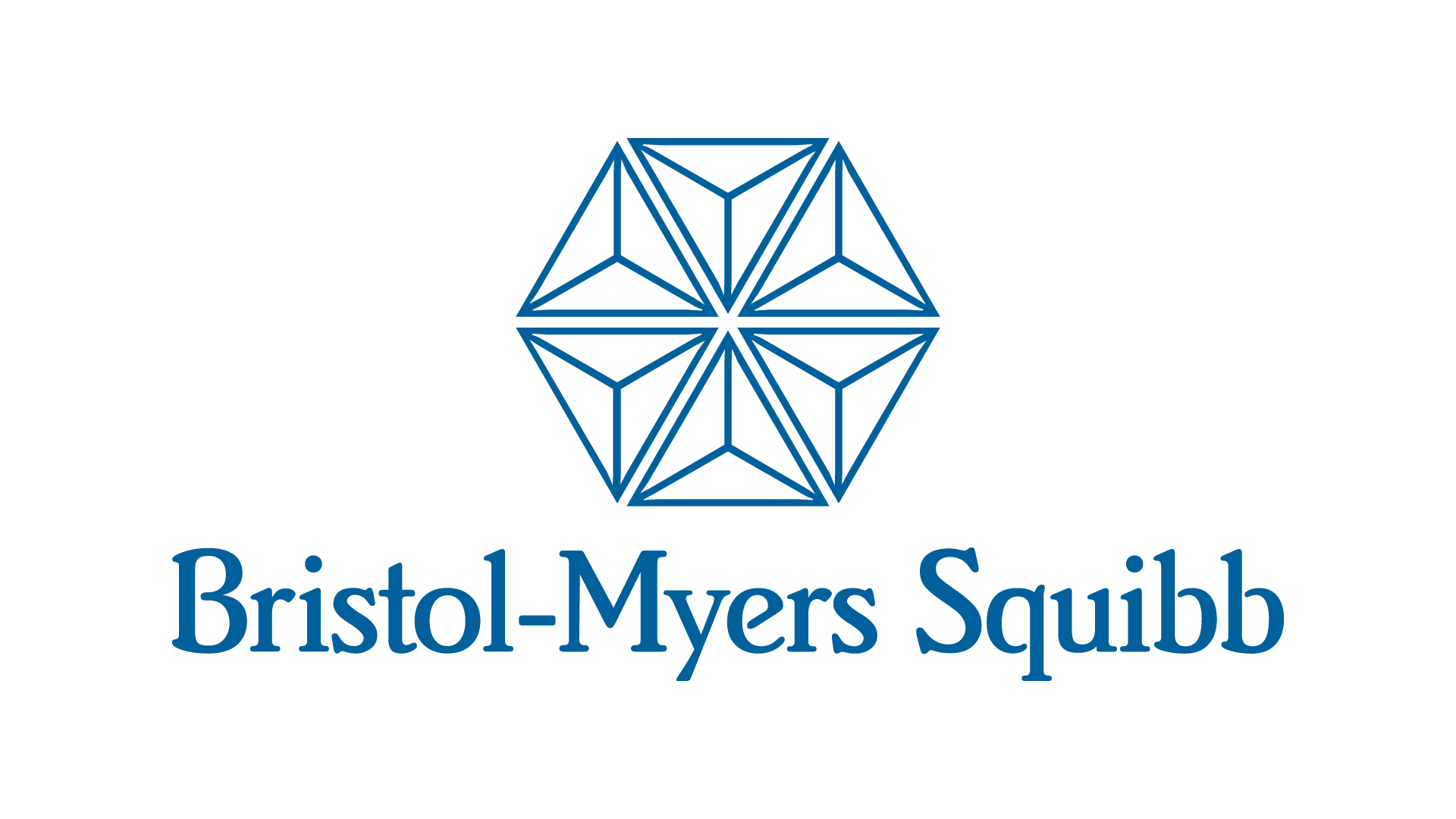
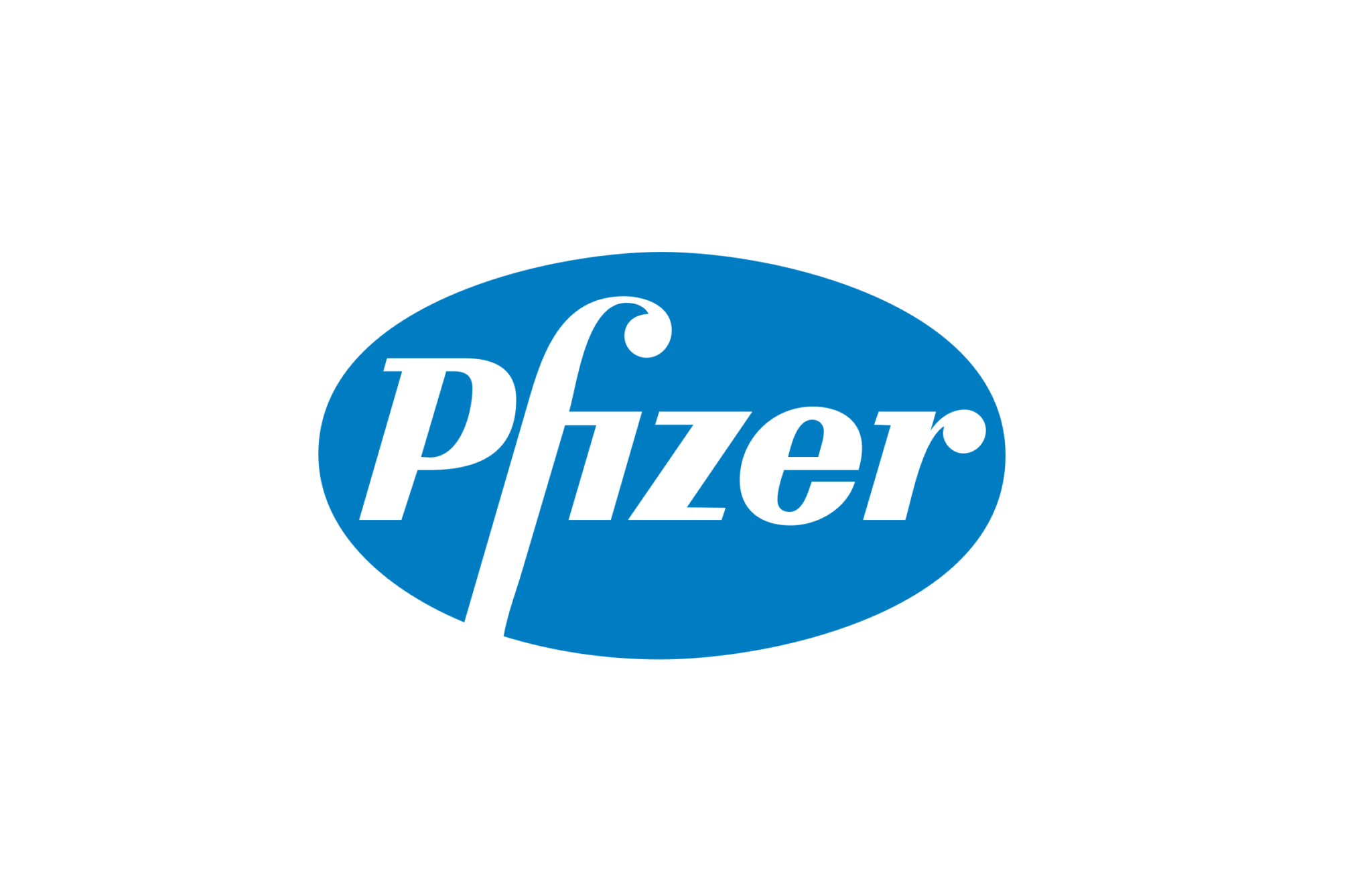

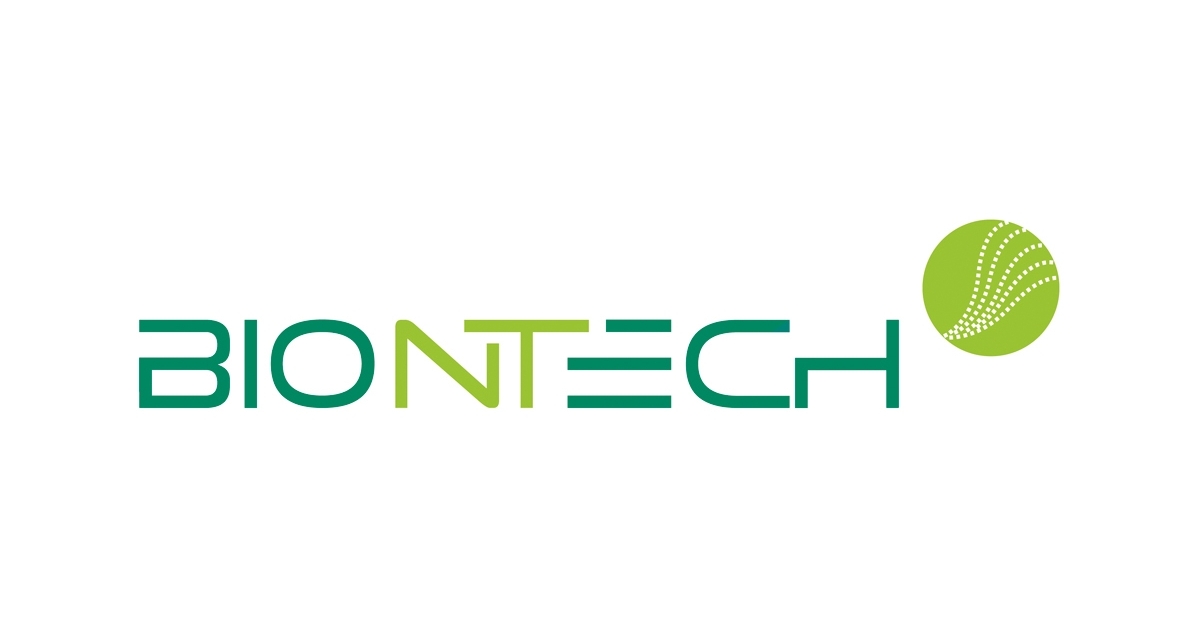

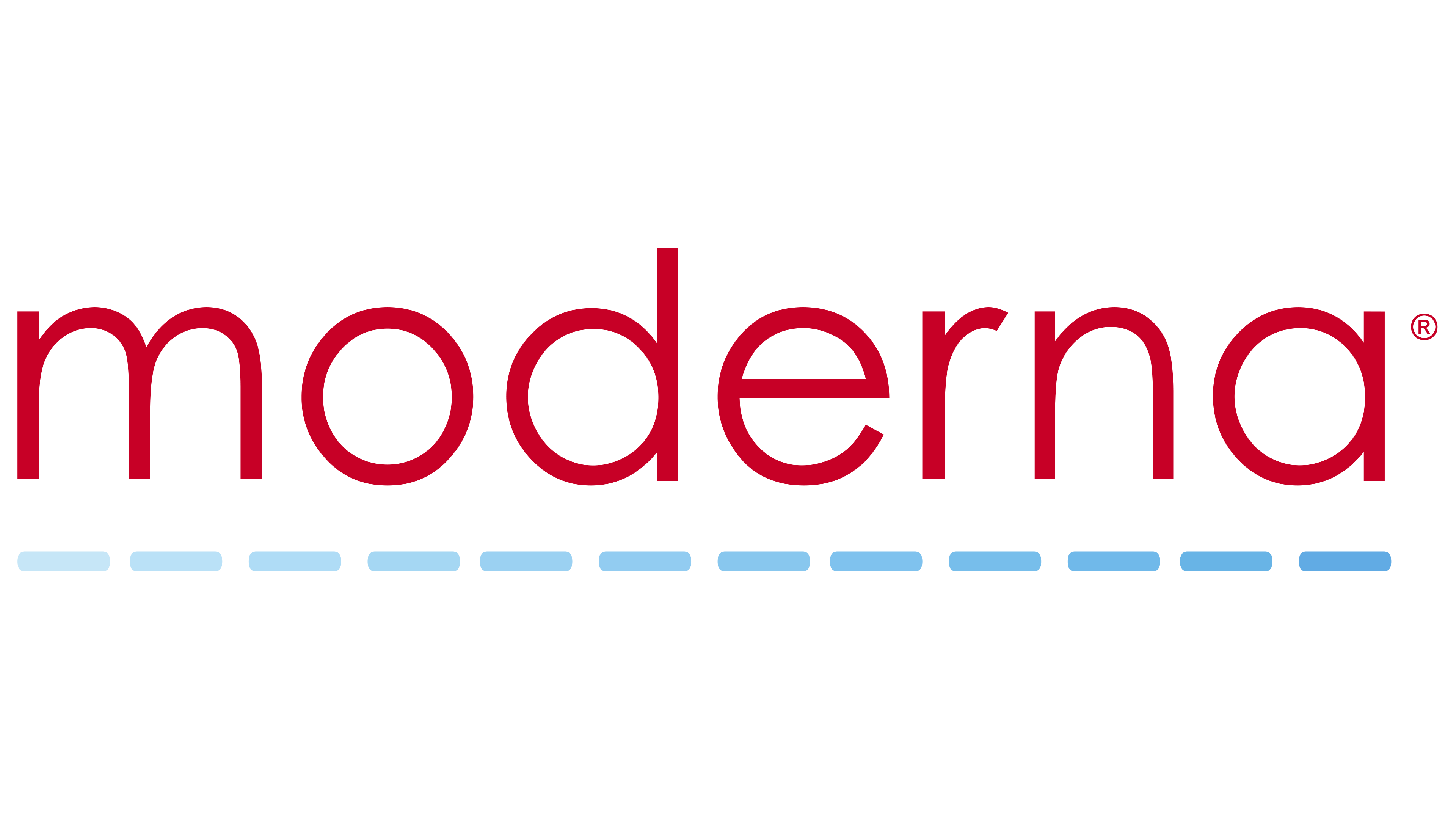
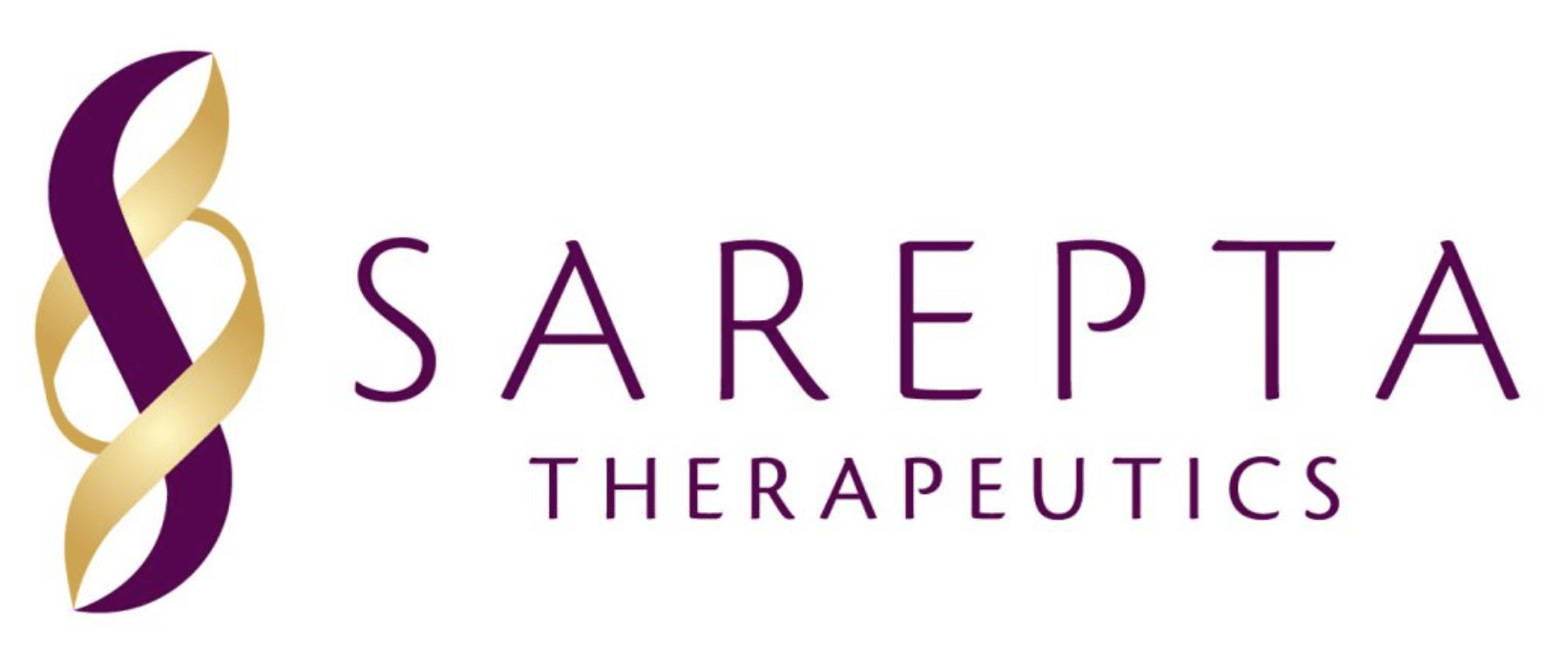



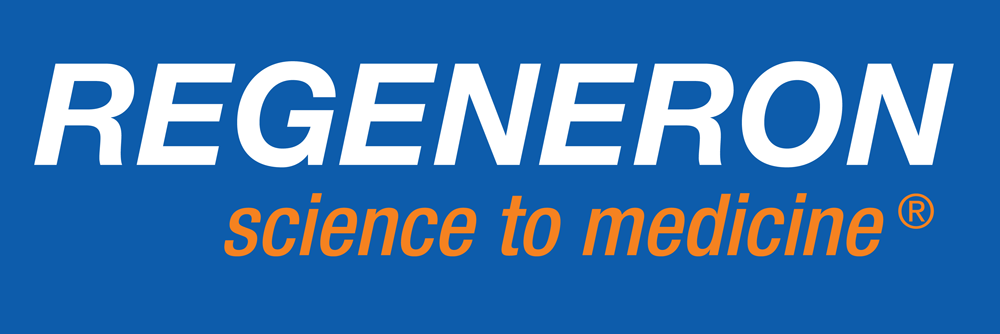

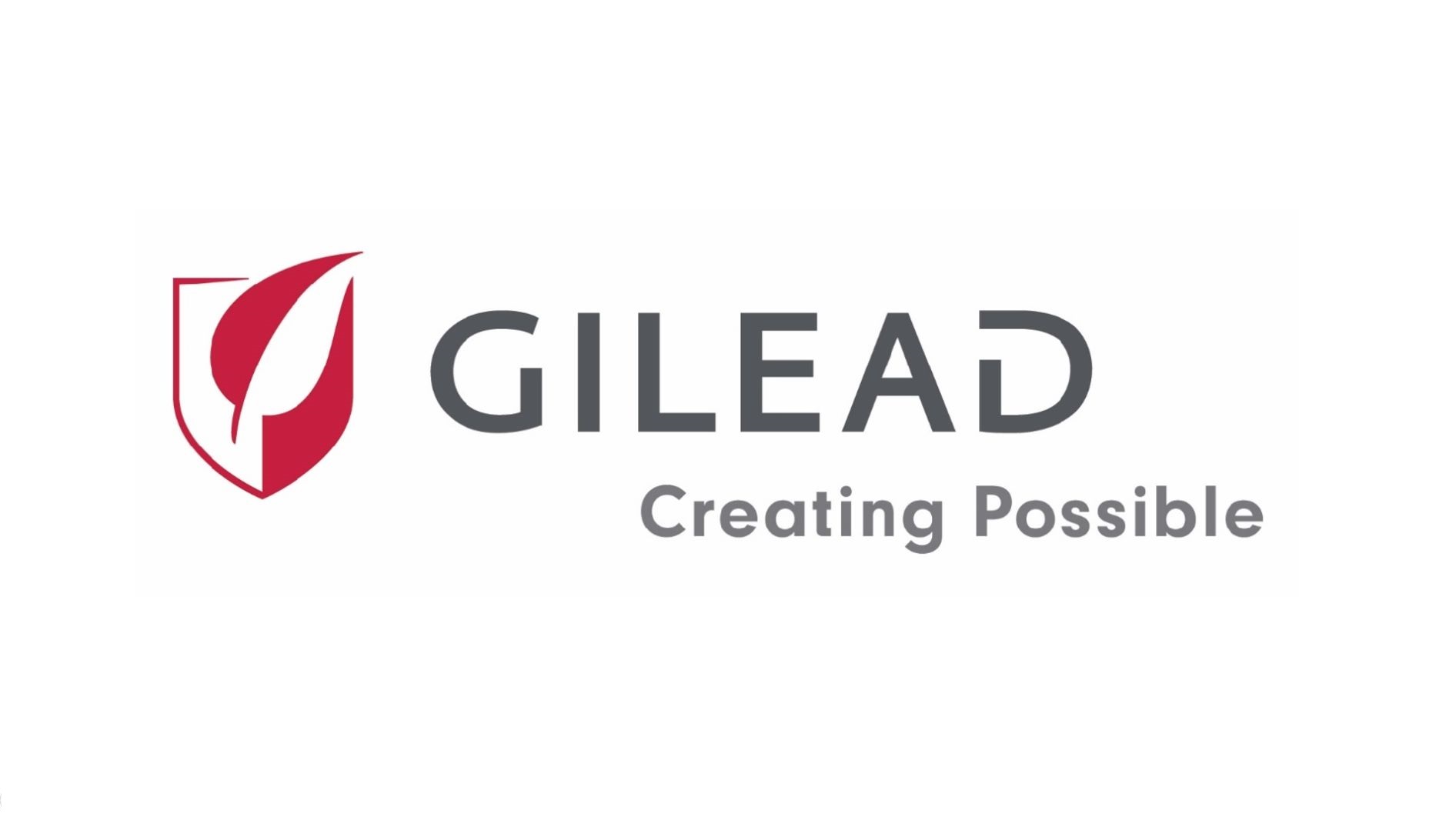

Comments
Post a Comment